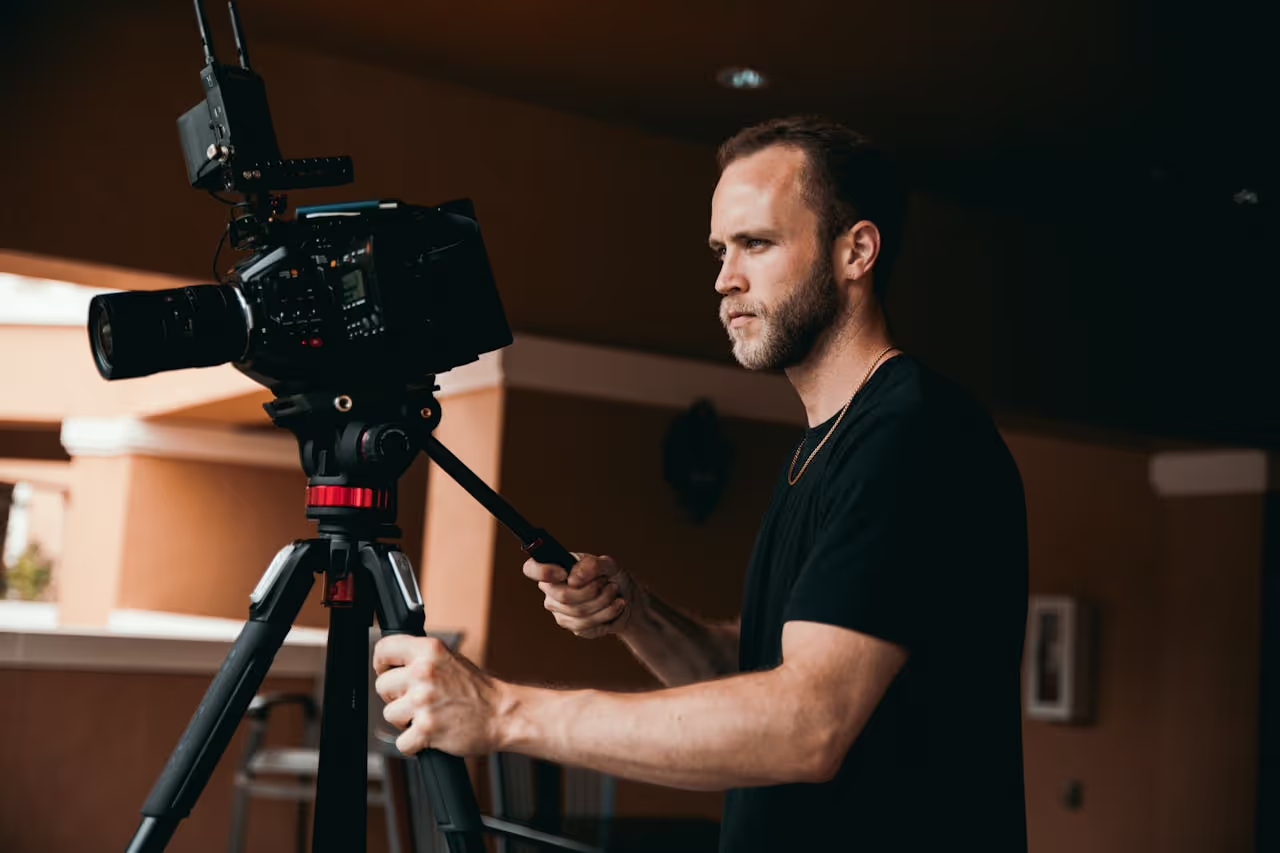Explore the Best Extracurricular Activities for Future Filmmakers and Media Professionals
If you're passionate about film and media, exploring the right extracurricular activities can help build your creative skills, grow your portfolio, and make you stand out to colleges and employers. Participating in meaningful film-related activities helps you gain hands-on experience and develop essential storytelling and production skills early on.
Whether you're interested in directing, screenwriting, cinematography, video editing, or media analysis, there are a variety of after-school programs, clubs, and projects designed to help you succeed in the film and digital media industries.
Why Film and Media Students Should Join Extracurriculars Early
Getting involved in extracurriculars as a high school student can open doors to mentorships, internships, and summer film workshops. Colleges often look for media production experience and creative initiative when evaluating applicants for film programs.
Top film schools like NYU Tisch, USC, and UCLA, for example, value dedication to storytelling and a demonstrated interest in visual media. Science and math may require test scores, but film and media lean heavily on your creative portfolio—and extracurriculars help you build that portfolio over time.
Best Film and Media Extracurriculars to Join in High School
Here are the most impactful extracurricular options if you're planning a career in media, film production, screenwriting, or digital content creation:
1. Film and Video Production Club
Starting or joining a film production club is one of the best ways to collaborate with peers and start creating short films, documentaries, and video essays.
- Learn camera operation, lighting, audio, and editing techniques
- Work on short films, music videos, or branded content
- Submit projects to student film competitions or festivals
2. School Broadcast or Journalism Program
If your school has a news broadcast, student TV, or digital journalism team, it’s a fantastic way to develop storytelling and journalism skills.
- Learn to write scripts for live TV or online streaming
- Gain experience in anchoring, camera work, and scripting
- Build a news or feature reel for college applications
3. Drama or Theater Club
Understanding acting, staging, and performance techniques improves your directing and storytelling as a filmmaker.
- Learn about stage direction and blocking
- Practice writing and producing original screenplays or plays
- Collaborate with actors and production crews—just like on a film set
4. Digital Media Courses and Workshops
Many high schools and local arts centers offer courses in digital media arts, cinematography, or video editing. Take advantage of these hands-on learning experiences.
- Explore Adobe Premiere Pro, Final Cut, or DaVinci Resolve
- Learn post-production workflows essential in the film industry
- Build a technical foundation for college-level media courses
5. Online Content Creation (YouTube, TikTok, Podcasting)
Creating content independently lets you explore your voice and develop storytelling skills outside the classroom.
- Create short films, vlogs, or educational series
- Experiment with visual effects, sound design, and branding
- Demonstrate initiative and creativity to future colleges or employers
6. Internships With Local Media or Film Studios
Look for internships or volunteer roles at local public access stations, film festivals, or production houses.
- Gain exposure to real-world film production and editing workflows
- Build a network of professionals in film and digital media careers
- Understand the daily operations behind the scenes of media outlets
7. Participation in Film Competitions and Youth Film Festivals
Many regional and national contests are open to high school filmmakers. These opportunities help you build your resume and gain recognition for your work.
- Submit original scripts, short documentaries, or animation projects
- Receive feedback from industry professionals
- Some festivals include scholarships or summer program opportunities
8. Yearbook or Photography Clubs
Image composition, editing, and capturing stories through photography build a strong visual foundation. These are essential skills for aspiring cinematographers and directors of photography.
- Understand framing, lighting, and visual storytelling through still images
- Learn Photoshop or Lightroom for post-production practices
- Build a creative portfolio for film school applications
How to Build a Film Portfolio from Extracurricular Activities
Your media portfolio is key. Use the projects you create in extracurriculars to show your style, voice, and technical skills. Start with the following:
- Short films or trailers (1–7 minutes)
- Script samples or screenwriting ideas
- Behind-the-scenes footage or project breakdowns
- A personal website or digital portfolio
Make sure to organize your work by project type, role (director, editor, etc.), and include a short description of the goals and results. Strong visuals and stories make an impact.
Frequently Asked Questions
What are the best extracurriculars for film school applications?
The best extracurriculars for film school include film clubs, student news broadcasts, internships with local studios, content creation (YouTube or podcasts), and participation in youth film competitions. These experiences can help you build a strong creative portfolio.
How can I start a film club at school?
To start a film club, speak with a teacher or advisor, write a short proposal, and gather interested students. Plan weekly meetings for producing short projects, learning technical skills, and screening influential films together.
Can content creation on YouTube or TikTok help me get into film school?
Yes, content creation shows initiative, creativity, and technical knowledge. Make sure your videos reflect strong storytelling and production quality. Highlight your role in planning, filming, and editing to demonstrate your skill development.
What should I include in my high school film portfolio?
Your portfolio should include 1–3 short films, edited video projects, sample scripts, a resume with production experience, and a statement about your creative vision. Organize your materials clearly and focus on storytelling and originality.
Do film competitions help with scholarships or college admissions?
Yes. Many national and regional student film festivals offer scholarships, cash awards, or special recognition. Winning or placing in a competition also boosts your college applications and builds your resume.











.svg)



